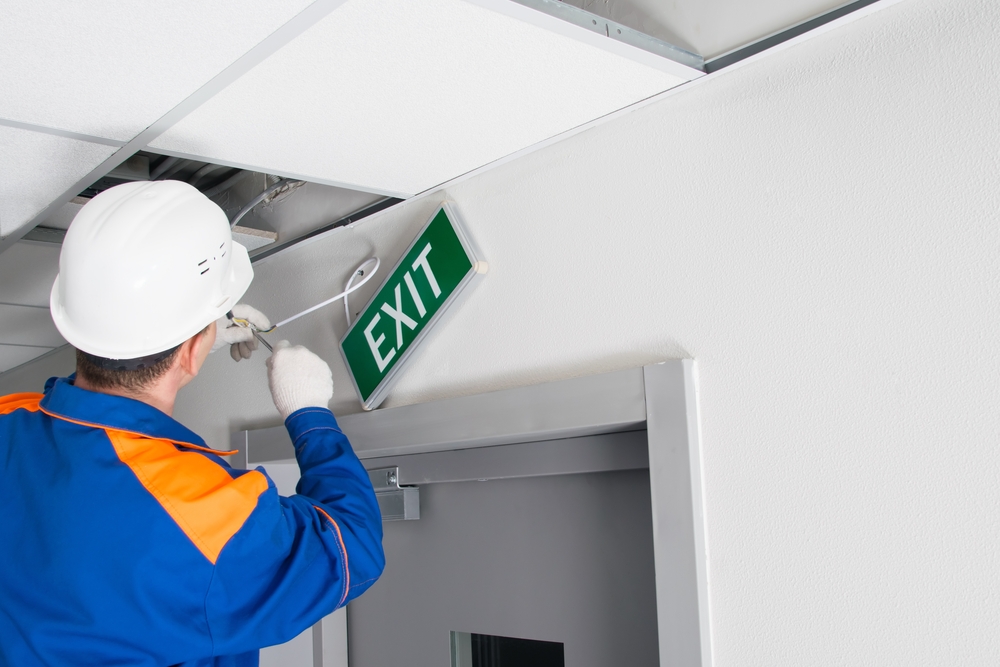
Creating a homeowners association (HOA) budget is one of the most important responsibilities an HOA board undertakes each year. Done correctly, it ensures community upkeep, supports long-term planning, and builds trust with homeowners. However, the process can be complex—especially for newer board members. This guide outlines best practices to help HOA boards develop strong, legally compliant budgets that support both immediate operations and future community needs.
At its core, an HOA budget is a roadmap for maintaining the community and protecting property values. A well-structured budget ensures the association can fund routine operations, plan for large capital projects, and manage risk without surprising homeowners with special assessments.
An annual budget typically includes:
If your board is planning a special project, such as clubhouse renovations or road resurfacing, consider preparing a separate pro forma budget to guide decisions and communicate with homeowners.
Budgeting with conservative estimates helps your board avoid shortfalls and better weather economic uncertainty. Consider the following approaches:
By budgeting conservatively, your board creates financial stability and reduces the likelihood of needing special assessments.
Your HOA’s financial strategy shouldn’t stop at the one-year mark. Develop three- to five-year plans that account for upcoming large expenses such as roof replacements, asphalt repairs, or common area renovations.
Start by reviewing your current vendor contracts. Are any expiring? Will renewal rates increase? It’s wise to gather bids ahead of time to improve cost predictability and identify areas where you might negotiate better terms.
Past budgets and actual expenses provide valuable insights for planning. Review the last three to five years of financial data and compare projected versus actual costs. Identify trends, note consistent overruns, and evaluate if previous estimates matched reality.
At the same time, don’t rely solely on historical data. Adjust projections based on current economic conditions, vendor pricing, and changes in community use or expectations.
Your fiduciary duty as a board member means making decisions that benefit the entire community. This includes removing personal preferences from budget discussions and evaluating all spending through the lens of collective value.
For example, funding common area repairs may be more critical than adding new amenities if the existing infrastructure is deteriorating. Consider conducting homeowner surveys to understand which projects residents value most.
Long-term savings can be achieved through proactive maintenance and efficiency upgrades. Consider:
Preventative spending, especially on infrastructure and insurance, often saves money over reactive fixes.
Not all homeowners will pay their dues on time, and some may fall significantly behind. If more than 5% of your annual dues remain unpaid, your board should create a “bad debt” line item in the budget.
This planning helps the HOA stay financially solvent without immediately resorting to legal action or special assessments.
Your reserve fund is a financial safety net designed for large-scale repairs and replacements. Many states require periodic reserve studies to determine appropriate funding levels. Even if not legally mandated, conducting a reserve study every few years is a smart practice.
Most experts recommend maintaining at least 70% of your projected reserve needs. Falling short may result in deferred maintenance, special assessments, or declining property values.
Reserve accounts should be kept in separate, interest-bearing accounts and governed by strict access controls—usually requiring board member signatures for withdrawals.
HOA budgeting must align with both your association’s governing documents and state laws. For example, in some states, boards must publicly announce intent to borrow from reserves—even if the funds will be replenished quickly.
Review your bylaws and state regulations annually. When in doubt, consult your association’s legal counsel or management company to ensure compliance.
Budget transparency fosters trust and strengthens community engagement. Consider hosting an open budget workshop or Q&A session prior to formal adoption. Share drafts of the budget early and invite input from homeowners.
Clear communication helps prevent confusion and increases homeowner buy-in, especially if the proposed budget includes a dues increase.
Understanding Operating vs. Reserve Budgets
Your HOA should manage two distinct budgets:
Operating Budget:
This covers ongoing, short-term expenses over a one- to three-year timeframe. Common costs include landscaping, vendor contracts, and administrative expenses. Operating funds should be easily accessible and typically reside in a checking account.
Reserve Budget:
This covers long-term capital repairs or replacements over a 5- to 30-year horizon, such as roof replacements or paving projects. Reserve funds are best kept in a separate, interest-bearing savings account and should not be used for regular operations.
Avoid giving your property manager unrestricted access to reserve funds. Reserve withdrawals should require board approval and dual signatures to ensure accountability.
Your HOA’s governing documents will explain how to adopt a budget—typically through board approval, homeowner vote, or both. Check your requirements early in the process to avoid compliance issues later.
Many associations benefit from using a standard HOA budget template to organize their numbers. A good template helps ensure you don’t miss any critical line items and provides a consistent framework year over year.
Conclusion
HOA budget preparation doesn’t have to be stressful or intimidating. With sound practices, careful planning, and open communication, your board can create a financial plan that supports the community’s needs today and for years to come.
If your board would benefit from professional budget planning or vendor negotiation support, consider partnering with a trusted management firm. Gordon James Realty offers expert HOA management services, including financial planning, reserve studies, and transparent budget execution. Contact our team to learn how we can help your board navigate budget season with confidence.

Learn how HOA boards can choose reliable vendors through a transparent, compliant process that protects community finances and ensures quality work.

Learn essential HOA budgeting steps and best practices to ensure financial health, transparency, and effective community management.
We're proud to make partnering with us easy. Contact our team to connect with one of our industry experts and get started today.